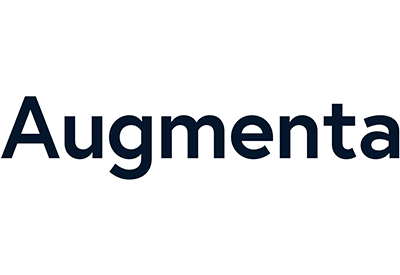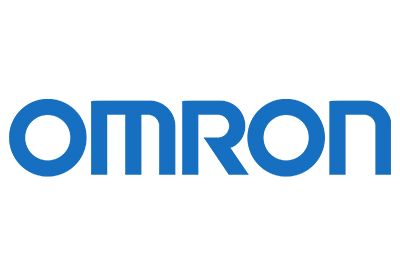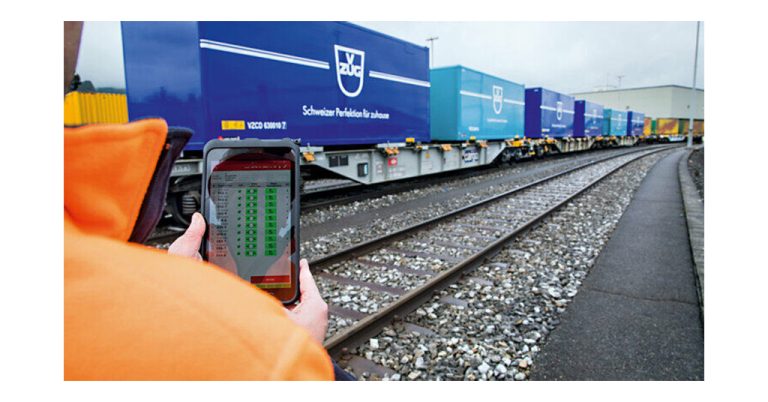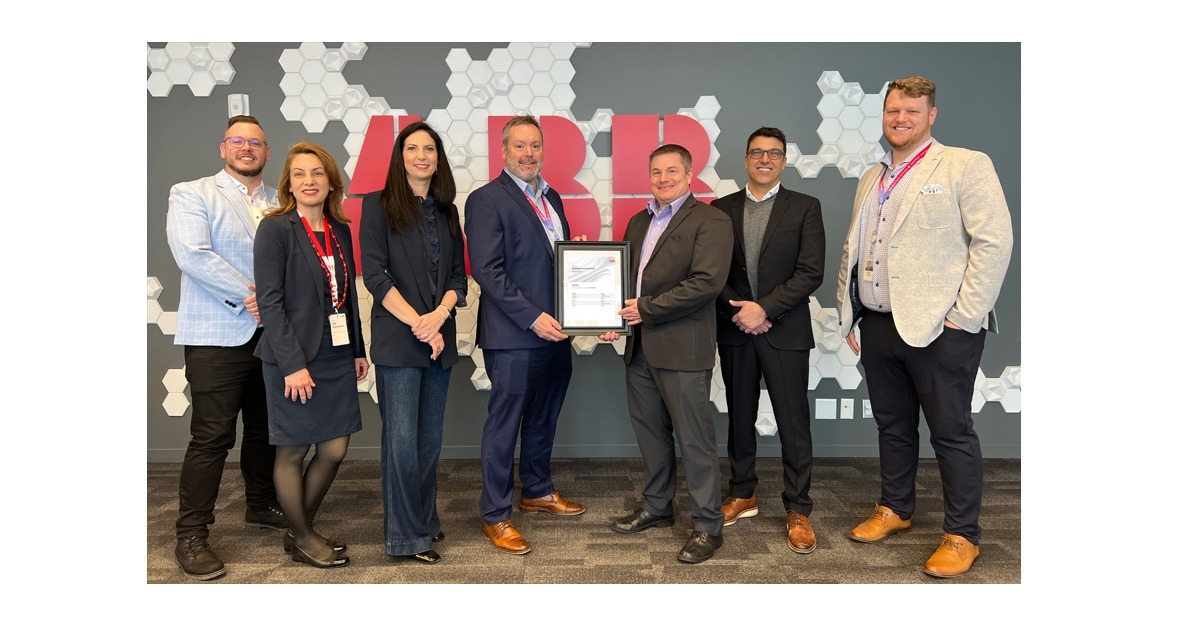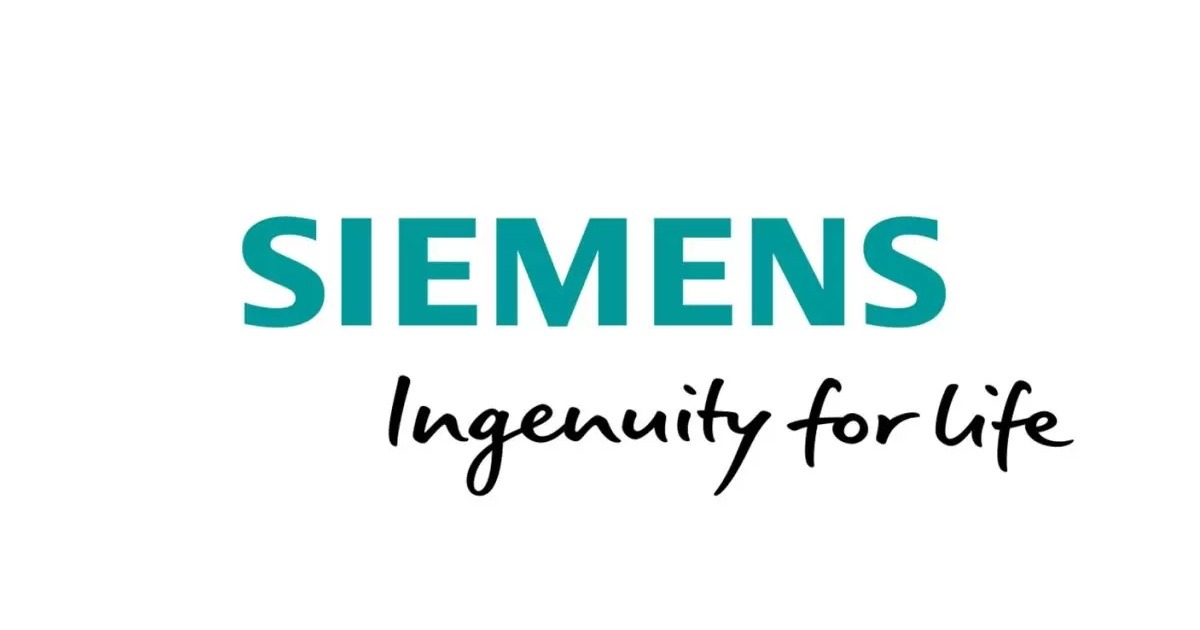Improve Oil and Gas Operator Effectiveness with a Modern DCS

February 7, 2019
By Chris King, Rockwell Automation
What if all your operators could suddenly perform as well as your best operator?
It may sound impossible; after all, the best operators in oil and gas production are usually the most seasoned. Their detailed knowledge of a process and ability to make the right decision in almost any situation often comes from many years, if not decades, of on-the-job learning.
You can’t simply transfer all that knowledge into a new worker’s head by osmosis, but you can do the next best thing: use a modern distributed control system (DCS) to improve operator effectiveness across your organization.
Equipped with production intelligence capabilities, a modern DCS simplifies operators’ jobs and improves their situational awareness to help them more quickly and easily make the right decisions. How? By giving them clear, actionable information and helping guide them through problems in real time.
Rethink what a modern distributed control system (DCS) can do for you.
Three Improvement Opportunities
A modern DCS system can help make operators more effective in several ways. Let’s focus on three of them.
1. Improved alarm management: Legacy alarm systems are a pain point in many oil and gas operations. They can generate distracting nuisance alarms and can lack historical information, leaving workers scrambling to figure out the cause of alarms.
A modern DCS can rationalize alarms in your operations to reduce these nuisance alarms. For example, one gas-processing plant used the PlantPAx DCS from Rockwell Automation to eliminate nuisance alarms and reduce the average number of alarms to a very manageable ten alarms per day.
A modern DCS can also make alarms actionable. As a result, operators can immediately know what to do and how urgently it needs to be done when alarms do occur, helping eliminate troubleshooting time and costs, which ultimately reduces downtime and lost production.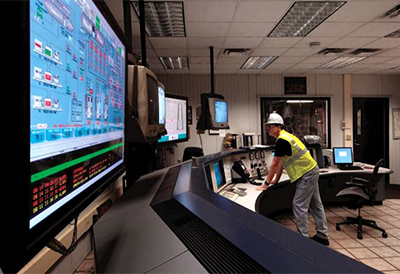
2. More proactive maintenance: Smart devices are proliferating as companies move toward a digital oilfield and more connected production environments. These devices can help you proactively improve asset reliability and avoid downtime – but only if you can make sense of their raw data.
A modern DCS can turn raw data into actionable analytics, giving operators insights into the health and performance of plant or field assets. The DCS will tell operators if assets are nearing failure and also when those failures are likely to occur.
This can help you improve your maintenance strategy by prioritizing when assets need to be serviced or replaced and by scheduling that work during planned maintenance windows.
3. Guided decision making: Like many other industries, the oil and gas industry faces a skills shortage. Operators with 20 to 30 years of experience are retiring and a new generation of less-experienced workers must take their place.
A modern DCS can help mitigate the challenges of this turnover. Specifically, a DCS with a high-performance human machine interface (HMI) can provide critical information to new workers and guide them to the right decisions in different production or maintenance scenarios. This is done by using situational-awareness techniques and helping ensure the graphic screen designs enhance the focus and response time of the operators. By designing an interface that avoids distraction of non-essential data and guiding operator navigational choices, you create enhanced process visibility, better decision making and improved safety.
Such assistive technology can reduce the reliance on tribal knowledge for making key decisions in your operations. And it can accelerate how fast workers get up to speed, which will be critical for managing the turnover of younger workers who may only stay in their job for a few years, instead of a few decades like their predecessors.
See Obsolescence as an Opportunity
Many companies today are using aging systems that are nearing obsolescence. While we believe obsolescence, alone, merits an upgrade to a modern system, we understand it’s often not nearly enough for management to pull the trigger and modernize; there can be much more to be gained from an upgrade.
A modern DCS with production intelligence and a high-performance HMI can significantly improve the performance of your operators – even helping a new operator become almost as effective as your best operator within weeks. Better-performing operators will inevitably translate into a better-performing business.



